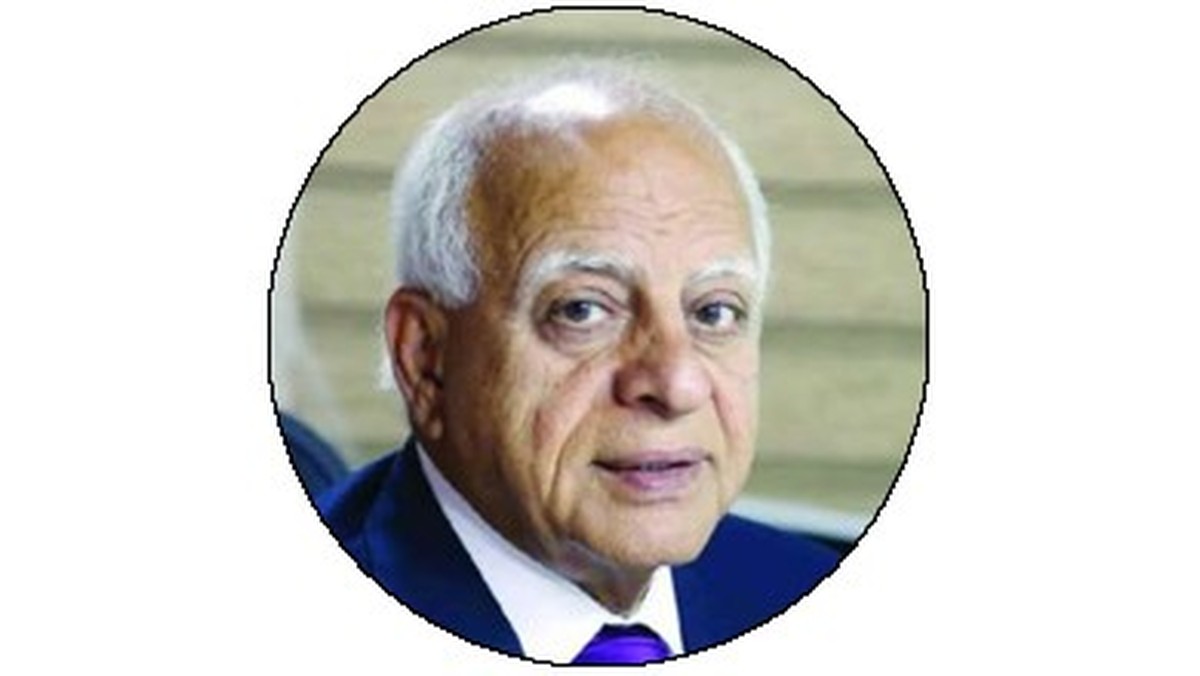10/11/2024
10/11/2024
I recently came across a beautifully written piece that I felt was worth sharing with readers, after a bit of fine-tuning.
Kuwait stands among the few countries where nearly 90 percent of the land is state-owned. The largest portion is allocated to areas rich in oil reserves, the lifeblood of the nation’s economy.
The rest includes public utility zones like roads, parks and public squares, as well as properties for government ministries, institutions, coasts, seafronts, islands and nature reserves.
The state also controls almost all agricultural land (99.99%), including farms, warehouses, industrial sites and storage areas -- whether directly managed by ministries or leased to companies and individuals under renewable annual contracts at symbolic rents.
All of these lands, ultimately, return to state ownership. The current users are only temporary stewards, a cycle that reflects the fleeting nature of ownership itself.
We may hold property today, but tomorrow it could belong to someone else, following the principle of “temporary right of use.”
Nothing is owned forever -- not real estate, land, buildings, mountains, or valleys. The homes we live in today once belonged to others -- parents, relatives, or previous owners -- and will pass to our descendants, creditors or even revert to the state if no heirs remain.
Despite this, we defend our homes fiercely, even willing to risk our lives to protect them, though our ownership is as temporary as a hotel room we rent for a night or a car we lease for a journey.
Like a seat on a train or a plane, everything we “own” is merely ours for a moment before it moves on to someone else.
As the English saying goes, “You only truly own what you spend” -- not the money in your bank account, but what you use and enjoy.
Life, in essence, is a right of usufruct. We use, inherit, or pass things on, sometimes willingly, sometimes not. Life is simply a series of moments, measured by how much we savor them.
e-mail: [email protected]



